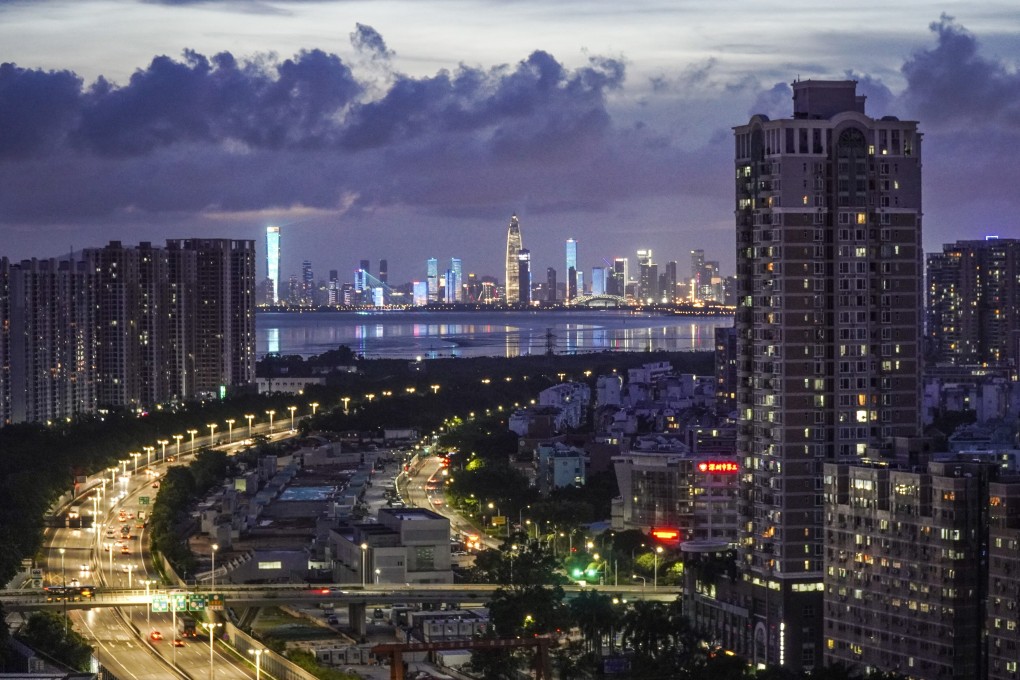Editorial | Greater Bay Area move guarantees city will continue to play key financial role
- To ensure further economic integration, sweeping plan will allow people in Hong Kong, Macau and Guangdong to buy wealth management products from each other

The economic integration of Hong Kong and Macau with the rest of the country is proceeding apace. The latest is a sweeping plan to allow people in both Special Administrative Regions and Guangdong to make use of financial services and buy wealth management products from each other. The so-called Greater Bay Area (GBA) development is being put back on track after the gradual reopening of the mainland economy from the coronavirus pandemic.
The ambitious plan is designed to meet the financial needs of people and local governments as well as the national goals of Beijing to turn the GBA into one of the world’s most innovative and dynamic economic regions. With a total population of 70 million people across 11 cities and a projected economy estimated at US$1.5 trillion, the GBA is a natural region to be targeted for economic growth. The mainland middle class has long suffered from a dearth of investment products and opportunities. Mom and pop investors are often forced to put money in risky financial vehicles they hardly understand, such as the recent Bank of China crude oil futures investment disaster.
Under the new scheme, residents of Hong Kong and Macau can buy wealth management products sold by Chinese banks in the GBA, while their Guangdong counterparts can tap financial products sold in the two SARs without need to travel or open a local bank account. Local insurers may also be allowed to open shops across the border to service customers.
The scheme is expected to be a great boost to the banking and financial industries in the region. But this will also mean local governments and regulators on both sides must work more closely to protect customers and supervise the industries. All told, 2,135 funds authorised by Hong Kong’s Securities and Futures Commission may be made available for sale throughout the GBA, accounting for assets in excess of US$1.78 trillion spanning stocks, bonds and other financial products.
The plan is a clear declaration that Hong Kong and its success remain a key policy of the central government. This is despite increasing complications and troubles in the relationship between Hong Kong and the mainland stemming from the social unrest of last year, which is expected to continue after a disruption from the local Covid-19 outbreak. As the country’s most important global financial hub, Hong Kong is still key to the expansion of the offshore yuan business and gradual internationalisation of the currency.
The convergence of financial services in the GBA is a natural extension of the previous stock and bond connects. There is no question that Hong Kong will be integrating much more fully into the economic sphere of the south, even as its political development is proving much more difficult to chart going forward.
